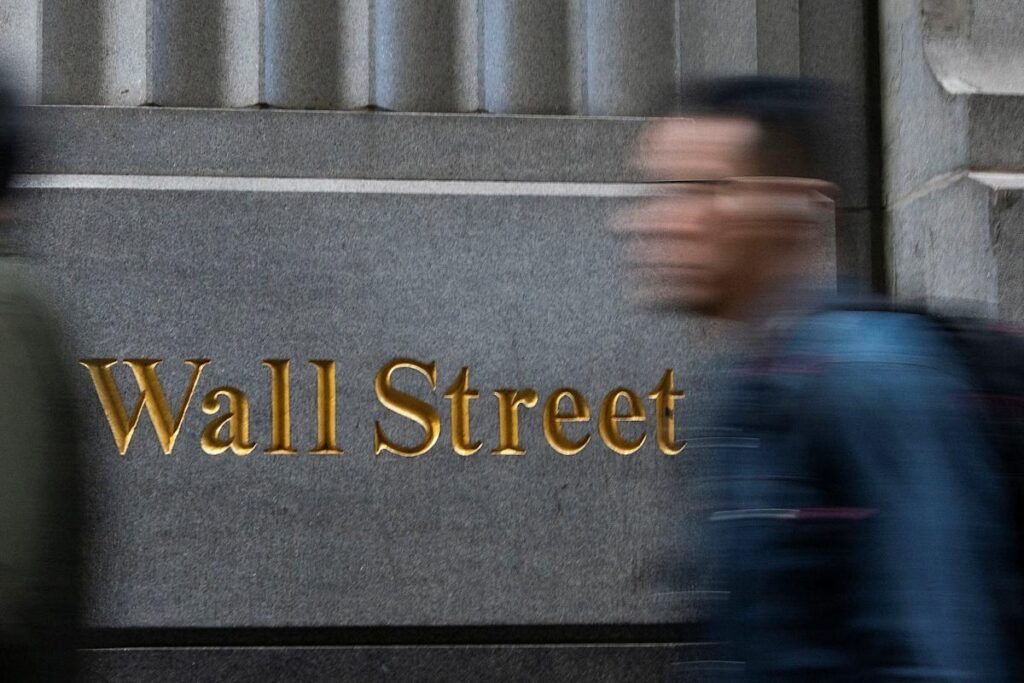U.S. stocks opened higher, with the broad S&P 500 and tech-heavy Nasdaq quickly scoring fresh all-time highs, on a final trade agreement with China and hopes for more with other countries to come.
President Donald Trump said a deal had been signed with China, and Commerce Secretary Howard Lutnick said the U.S. was nearing agreements with ten other trading partners. The final China deal includes a commitment from China to deliver rare earths used in everything from wind turbines to jet planes, Lutnick told Bloomberg. It also includes easier tech restrictions, said China’s Ministry of Commerce.
Treasury Secretary Scott Bessent also said in an interview on Fox Business he expected trade deals with 18 key trading partners to be wrapped up by Labor Day in September, suggesting Trump’s early July deadline would be extended.
At 9:38 a.m. ET, the blue-chip Dow added 0.45%, or 193.88 points, to 43,580.72, while the S&P 500 gained 0.29%, or 17.93 points, to 6,158.95 and the Nasdaq rose 0.34%, or 67.63 points, to 20,235.55. The S&P 500 and Nasdaq had been within striking distance of their record highs for the past couple of days but hadn’t mustered enough energy to hurdle them until now.
The benchmark 10-year Treasury yield edged up to 4.285%.
Before the opening bell, the Fed’s preferred inflation gauge, or personal consumption expenditures (PCE) price index, rose 2.3% annually, as expected. The so-called core rate excluding food and energy, rose 2.7%, slightly higher than the 2.6% mean forecast.
The “inflation report shouldn’t be enough to give markets a significant scare, but it probably dashes the slim hopes investors had for a July rate cut,” said Bret Kenwell, U.S. investment analyst at trading platform eToro.
Meanwhile PCE, a measure of consumer spending, fell 0.3% in May from the prior month after adjusting for inflation, according to the Bureau of Economic Analysis. That was the first decline this year.
“This weakness is probably primarily just payback from the jump in spending earlier this year as consumers tried to buy goods ahead of the tariffs,” said Greg Wilensky, head of U.S. fixed income and portfolio manager at Janus Henderson. “The weakness in spending was on the goods side while spending on services increased.”
Nike’s quarterly results topped analysts’ expectations but the company warned tariffs are expected to increase its costs by $1 billion this fiscal year. It said it will pass some costs on to consumers and cut costs to deal with the added expense. Shares of the mega sportswear company jumped 15.65%.
CorMedix plans to sell $85 million of stock in a public offering. Shares slumped 14.51%.

